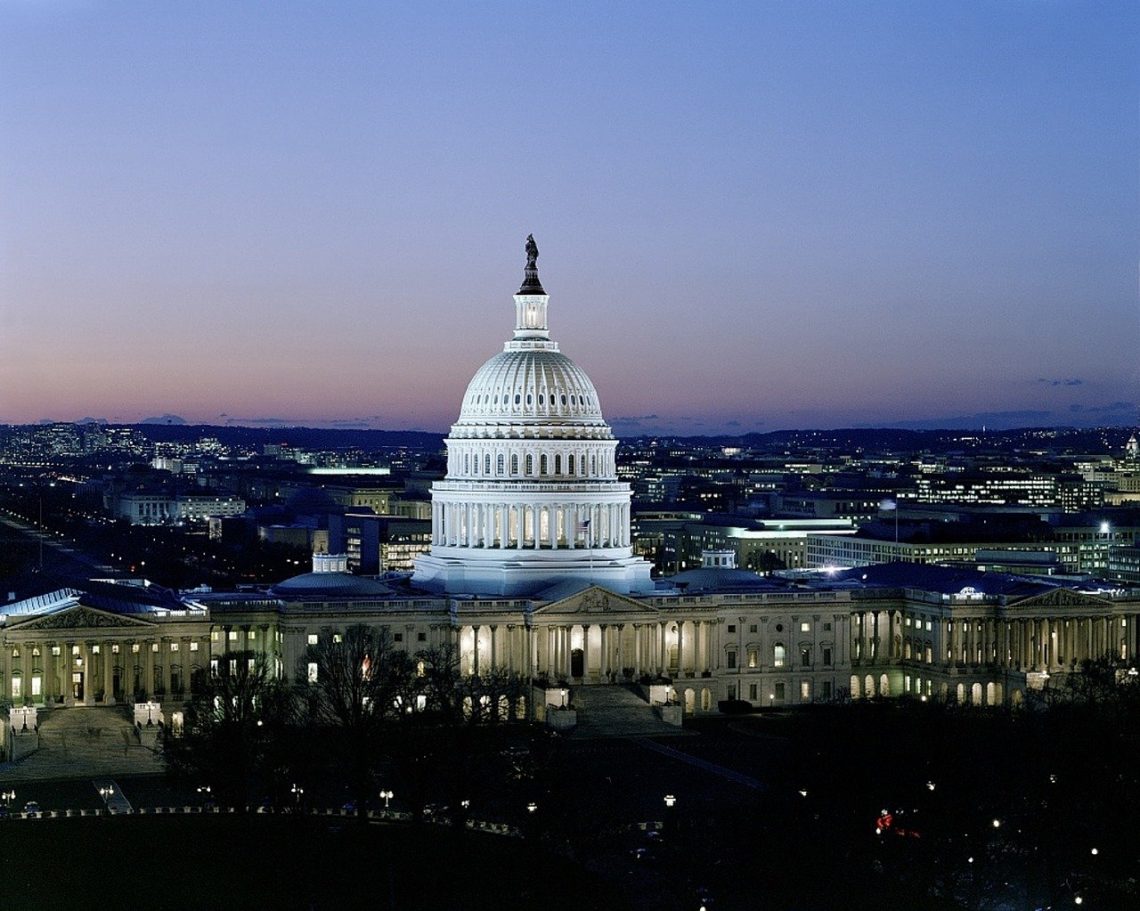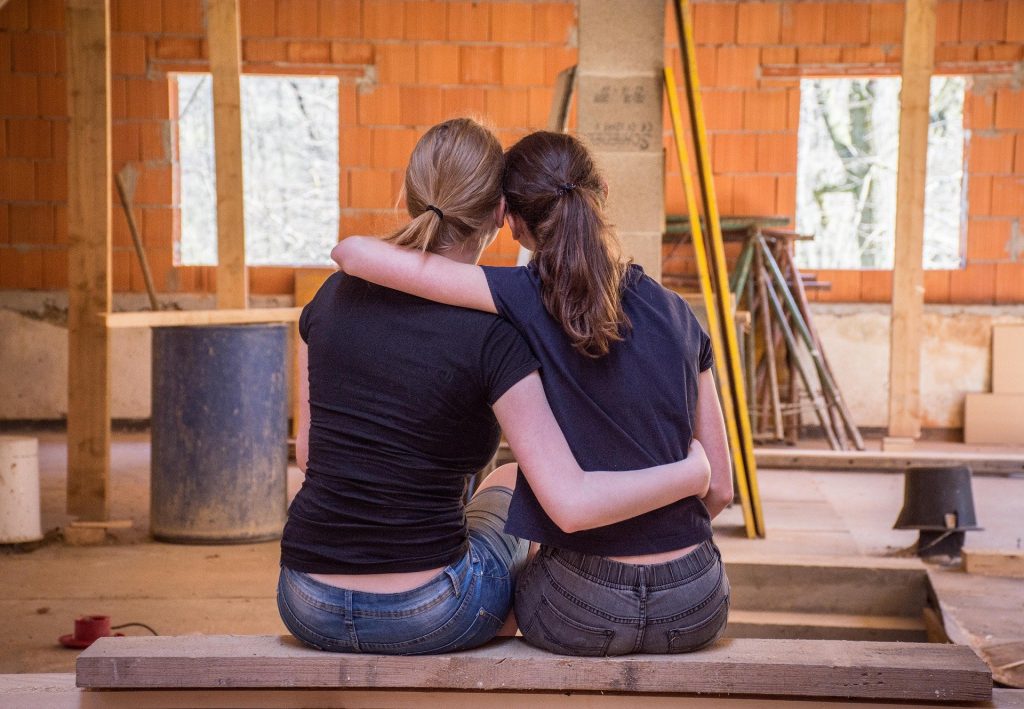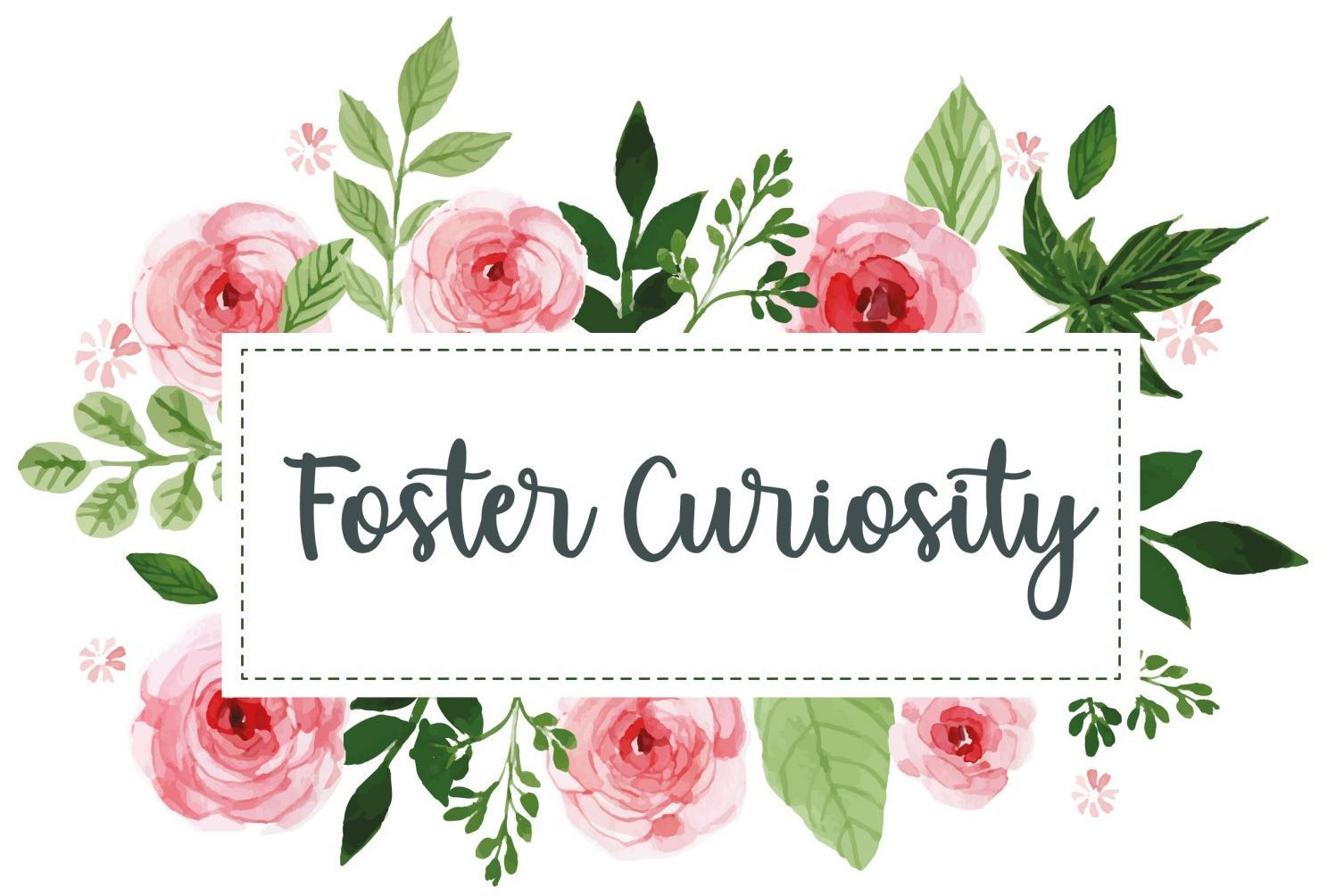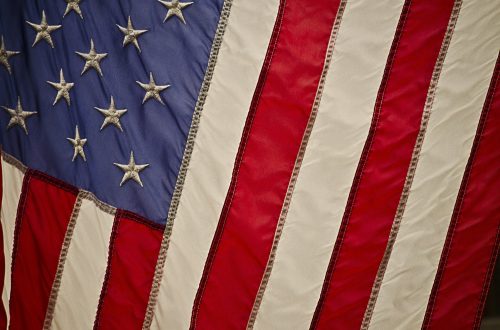
Talking Politics as a Teacher
It’s really hard to teach in a world where the political climate is the way that it is. Almost everything in the news is about politics, whether it be about Black Lives Matter, COVID-19, or even the election itself. Kids are sponges, and they pick up everything that they hear around them. Even if you aren’t aware of it, kids can sense everything that is going on.
The issue with talking about political things at school, especially as a k-12 teacher, is that you have to be extremely careful about how you explain things to kids. Our job as educators is to teach kids to think for themselves, not tell them what to think.
The Election
Unless you are Patrick Star and live under a rock, you are well aware that the election has been taking up a lot of the air time for the news. You can’t drive down the street without seeing a Trump or Biden sign on someone’s lawn. Kids know that all of this is going on, and they repeat what they hear adults say.
For example, I have students in my class this year who have families on different sides of the political scale. I had a student shout out during one of my lessons that he would have voted for Trump if he could vote. This made one of my emotional girls get really upset because she’s genuinely scared of Trump. Both of them got their beliefs and ideas from their parents.
I’m not saying parents shouldn’t talk about politics around their kids–just the opposite actually. My family avoided the subject, and so I’m just learning about politics in my mid-twenties on my own. I think that parents should talk about politics and tell their kids what they think, but I think it’s important to tell kids that as they grow, they’ll form their own beliefs and that’s okay.
As teachers, it is not our job or our place to say what we believe when it comes to politics. Our job is to educate students about how the government works and let them form their own opinions.
Class Stories
On Immigration
I’ve mentioned this in another post that I wrote about my first year of teaching, but my first year of teaching was right after Donald Trump got elected. My class was made up entirely of immigrants, and I had multiple kids who were terrified of what might happen to them.
As a first-year teacher, I had no idea how to handle hysteric kids who were scared that their parents or their whole families might be deported. What do you say to an 8-year-old who asks you if they will be sent away? All I could do was reassure them that they were safe when they were in my classroom. It breaks my heart that kids would have to worry about something like this.
On Kindness
Every week I teach a social skills lesson where we talk about feelings and how to treat one another. Kids love to actually pause and talk about their emotions and learn more about how to handle big emotions. Kindness is one of my favorite things to talk about, because it’s something that we don’t have enough of in the world.
When the world isn’t in the middle of a pandemic, I like to work with my kids to do kind things for other teachers and staff throughout the building. It brings a smile to peoples’ faces, and it shows the kids that doing kind things makes them feel good as well.
What’s really hard to do, is teach kindness when the country’s leaders are acting ridiculous and people defend it. I had a talk with my kids last week about how no matter the outcome of the election, I wanted them to know that the behavior of the people in charge hasn’t been a good example for them. We talked about how adults need to be role models, and we talked about how they haven’t been very good role models lately because they haven’t been kind to each other. And I left it at that.

On Women as Leaders
A couple of weeks ago, we read Grace For President, a book about a little girl who finds out that there haven’t been any girl presidents yet, and she decides that she wants to be the first. The class laughs at her, and the teacher decides that this might be a good lesson. The class holds an election with another class, and Grace ends up elected as the President. It’s a great book to explain the electoral college and how a president gets elected.
We talked about how this story was inspirational because Grace gets elected even though no woman has ever been elected president before. A girl in my class asked if that was true, and I had to tell her yes.
Yesterday, I had the pleasure of telling the girls in my class that we officially have elected the first women as vice president. I told them that they could do anything, and I got to see the biggest smiles on their faces. I already have a girl who told us at the beginning of the year that she wants to be president someday. Now, she has hope. I told her that I would campaign for her.
Say vs. Not
I find it hard to bite my tongue sometimes when talking about world events with my students. I feel so passionately about certain topics, but as I said above, it’s not my job to tell kids what to think. The world will be a much better place if we start letting people form their own opinions instead of being a second body for their parents’ beliefs.
Some teachers avoid the topic because it is touchy, but I think that’s even more dangerous. That’s how you get so many ignorant people voting for things that they don’t understand. There’s a fine line between telling people information and letting them form their own ideas and telling people your ideas. It’s important to know the difference.





